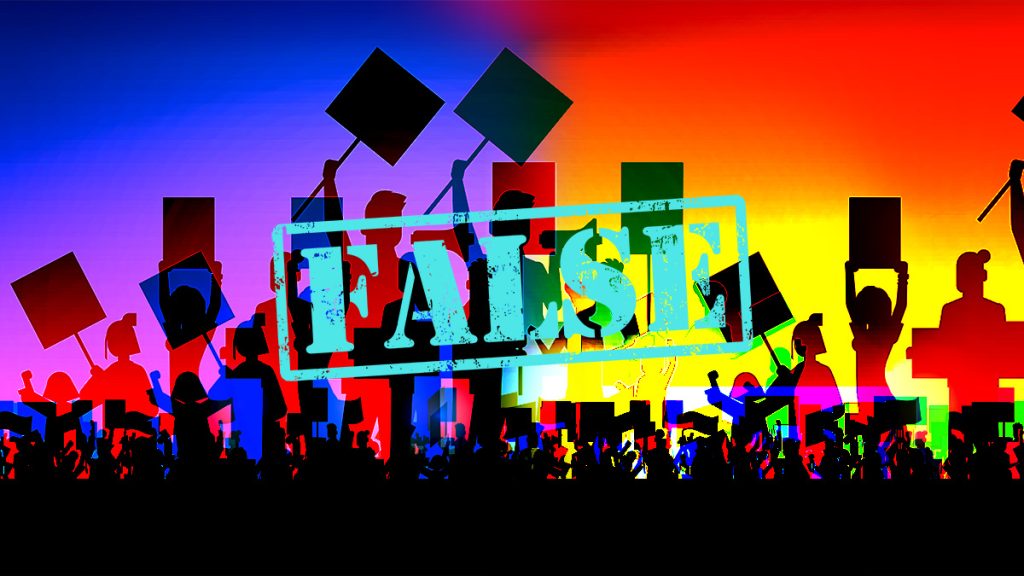
The consequences of deepfake technology in political campaigns are alarming as the technology poses risks to democracy, trust in media, and informed decision-making.
- Deepfake technology can create false information, distorting voters’ perceptions and potentially swaying election outcomes.
- The rise of deepfakes leads to increased skepticism and distrust in media and political institutions. And hindering the functioning of a healthy democracy.
There was a time when what you saw was what you got and there was no faking the evidence. Now, you have to doubt what you have seen with your own eyes and heard with your own ears. With the rise of generative AI, everyone is getting creative for kicks and giggles. But it won’t be long before generating a video of Drake rapping Ice Spice’s song gets boring and old.
What happens when the new fad is to doctor videos painting a political candidate in a certain light? be it negative or positive. What happens when you can’t tell the difference between artificially generated content and genuine content? It will be a scary day for Democracy, or whatever we’ve applied.
What Do You Mean “That’s not the President?!”
Misinformation and manipulation are among the most significant dangers that deepfake technology in political campaigns pose. As if picking a candidate with whom you align isn’t hard enough, malicious actors use artificially generated videos to fabricate content that appears to show candidates expressing controversial opinions, engaging in illegal activities, or making offensive remarks. Opponents, or worse, foreign entities can weaponize this false information to deceive the public and influence the polls. A distorted understanding of candidates’ character and qualifications leading to a reasonable doubt is all that the scales need to tip.
From Where Do I Get My Information Now?!
The popularization of deepfake technology in political campaigns can contribute to the erosion of trust in not only the media and political institutions but also the democratic process itself. As artificially generated content becomes increasingly difficult to detect, the public may grow skeptical about the authenticity of any media, regardless of its source. This skepticism can extend to institutions and processes responsible for disseminating and verifying information, such as news organizations and fact-checkers. The opposing parties will dismiss any video painting a political candidate in a good light, for example, as doctored propaganda. As a result of the declining trust in institutions, voters may disengage from the political process or rely on unreliable sources of information. In turn, it will be difficult to maintain a healthy democracy.
Final Thoughts
I’m not a political science major. That’s Grace. But I’m old enough to vote. And when the time comes for me to do so to repay “democracy,” how do I make an educated, well-informed decision if I have to question everything and everyone everywhere?
Some people will come out of the woodwork with their pitchfork claiming that that is the nature of politics. My sibling in humanity, do you realize that democracy requires you to have proper information so you can vote for who represents you best? That’s democracy’s whole act. It won’t be long before democracy, or at least this skewed version of her follows her recently departed cousin Thought.
Inside Telecom provides you with an extensive list of content covering all aspects of the tech industry. Keep an eye on our Impact section to stay informed and up-to-date with our daily articles.